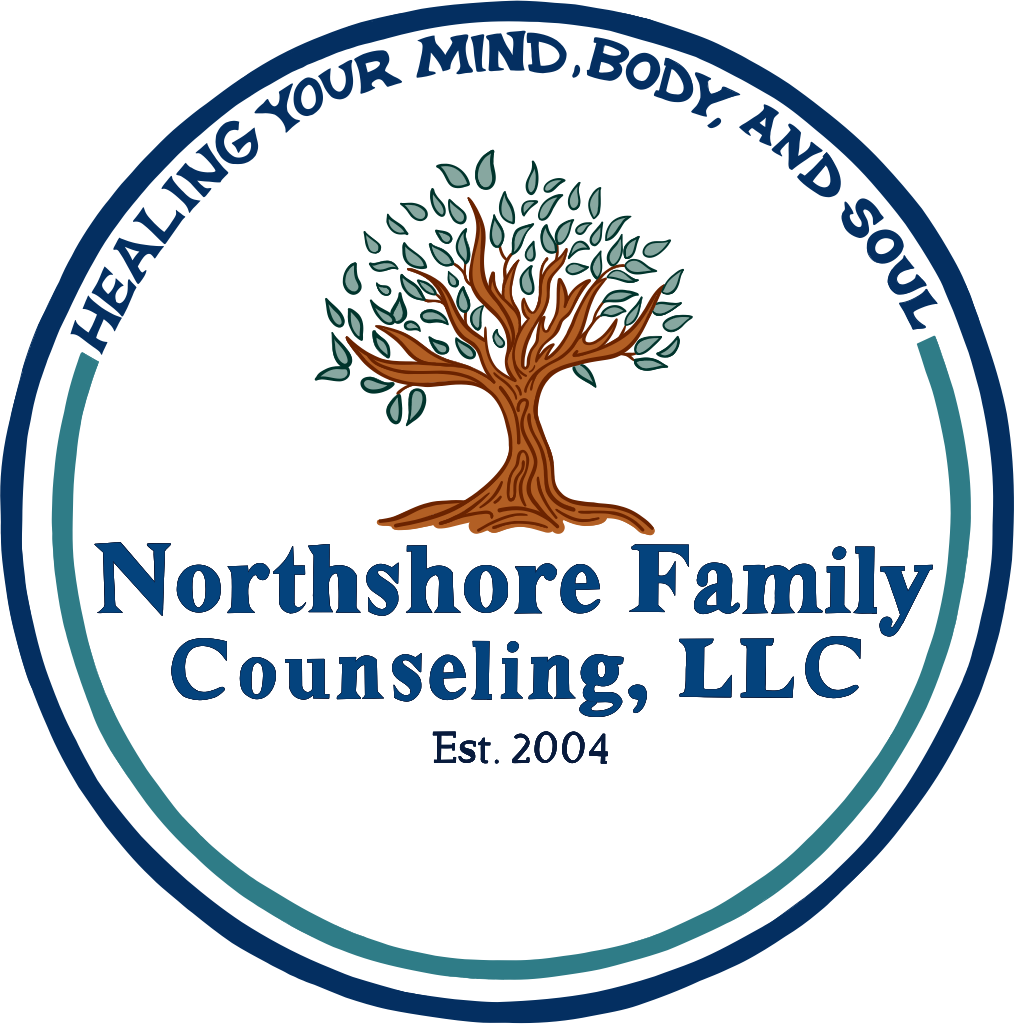FAMILY THERAPY
Explore Our Range of Counseling Services – Empowering Your Journey Towards Wellness
Improving Communication Among Family
Family therapy, or family counseling, is a process focusing on improving communication patterns and relationships within a family system. It’s a collaborative approach involving all members of the family unit, including parents, children, siblings, and sometimes extended family members.
The primary goal of family therapy is to identify and address underlying issues that may be causing distress, conflict, or disruption within the family system. This can include interpersonal conflict, miscommunication, unresolved trauma, substance abuse, mental health issues, or any other factors impacting the overall functioning of the family.
During family therapy sessions, your counselor will guide each family member in exploring open and honest dialogue with other family members. Your therapist creates a safe and supportive environment where each member can express their thoughts, feelings, and concerns without fear of judgment. Through active listening and effective communication, the therapist helps to identify patterns of interaction and dysfunctional behaviors within the family, then address them accordingly.

We provide cunseling for the following:
- Caring For Aging Family Members
- Family Communication Problems
- Oppositional Defiance
- Parent-child Conflicts
- Parenting Education
- Transition After Divorce Or Separation
What to Expect When Continuing Family Therapy
Family therapy uses a variety of therapeutic techniques and interventions to promote positive change. These may include Structural Family Therapy, Cognitive Behavioral Therapy, Solution-Focused Brief Therapy, Narrative Therapy, Emotionally Focused Therapy, and Trust-Based Relational Intervention. Your counselor will work with family members through collaborative efforts to meet your goals.
Family therapy can be beneficial for a wide range of issues, including marital conflict, parent-child conflicts, blended family challenges, sibling rivalry, grief and loss, substance abuse, domestic violence, and mental health disorders. It can also be helpful for families going through significant life transitions, such as divorce, relocation, adoption, family blending or the birth of a new child.
By addressing underlying concerns and improving communication, as well as relationships within the family, family therapy can help families develop healthier coping mechanisms, resolve conflict, and create a more supportive and nurturing environment for all members. It provides an opportunity for families to grow and thrive together, fostering long-lasting, positive change.

